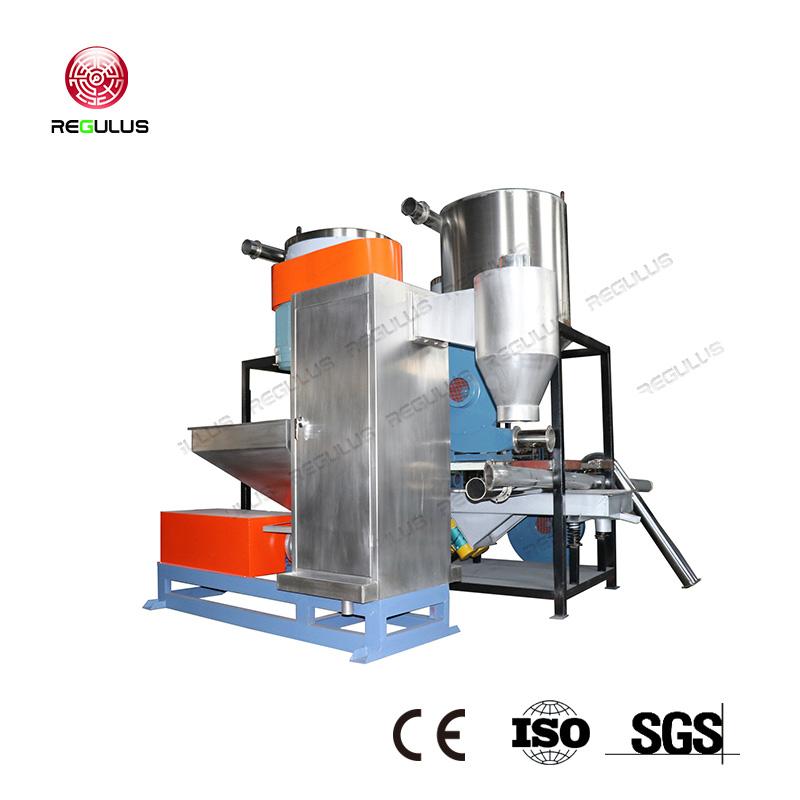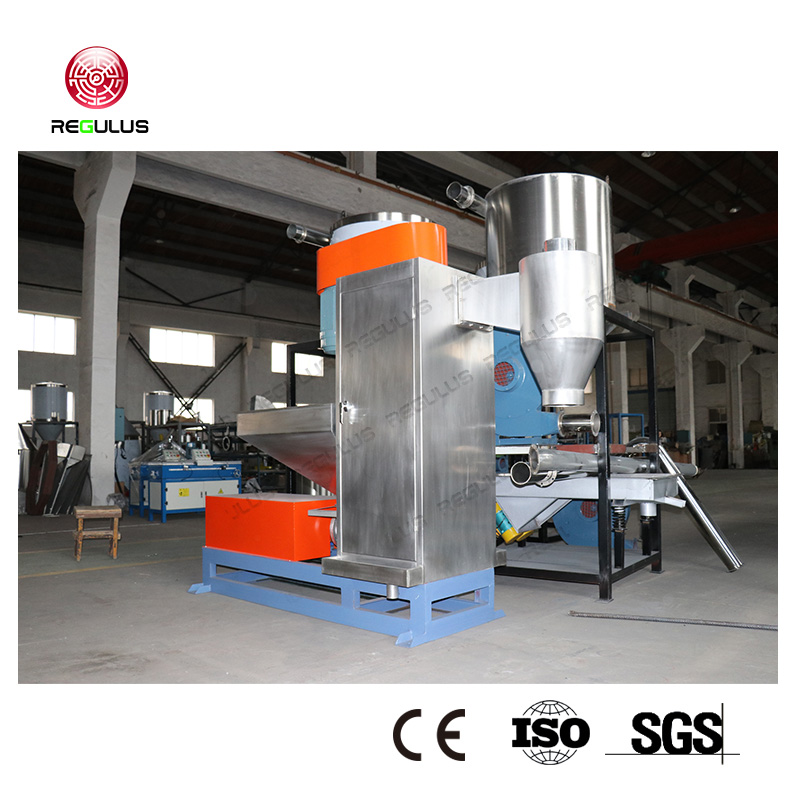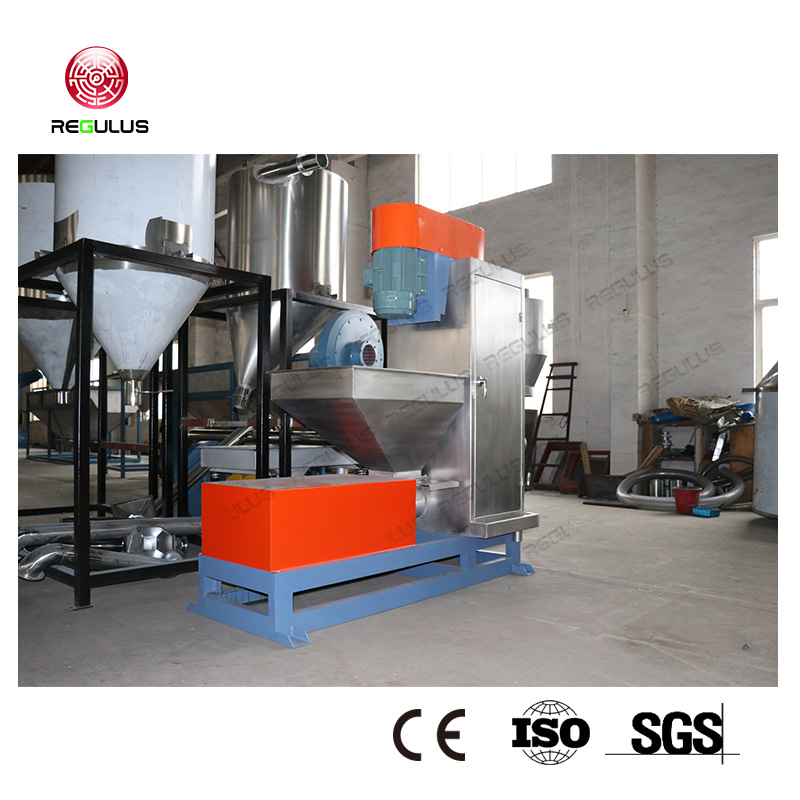
Plastic waste has become a pressing environmental concern worldwide, and finding effective solutions for its management and recycling is crucial. In this pursuit, the centrifugal dewatering machine has emerged as a game-changer for the plastic recycling industry. With its ability to efficiently remove moisture from plastic materials, this innovative machine plays a vital role in enhancing the quality and usability of recycled plastics.
The Role of Moisture Removal in Plastic Recycling:
Moisture content is a significant factor that can impact the quality and performance of recycled plastics. Moisture trapped in plastic materials can lead to defects, reduced strength, and increased brittleness in the final products. It also hampers the efficiency of downstream processes such as extrusion, injection molding, and compounding. Therefore, the removal of moisture is critical to ensure high-quality recycled plastics.
Efficiency and Precision of Centrifugal Dewatering Machines:
Centrifugal dewatering machines have revolutionized the moisture removal process in plastic recycling. These machines utilize centrifugal force to quickly and effectively separate moisture from plastic materials. The plastic fragments or pellets are loaded into a spinning drum, and as the drum rotates, the centrifugal force expels the moisture through perforations in the drum's wall. The result is drier plastic materials with significantly reduced moisture content.
Advantages for the Plastic Recycling Industry:
Enhanced Product Quality: The centrifugal dewatering machine ensures the production of high-quality recycled plastics by minimizing moisture-related defects. By removing excess moisture, it improves the physical and mechanical properties of the recycled plastic, making it more suitable for a wide range of applications.
Increased Processing Efficiency: Moisture-free plastic materials facilitate smoother and more efficient processing during extrusion, injection molding, or compounding. Improved flow properties and consistency in moisture content result in reduced downtime, higher throughput, and enhanced productivity.
Energy and Cost Savings: The use of centrifugal dewatering machines contributes to energy efficiency in plastic recycling processes. By reducing the moisture content of plastic materials prior to extrusion or other processing steps, less energy is required for heating and drying, resulting in cost savings and reduced environmental impact.
Waste Reduction: Proper moisture removal ensures that the quality of recycled plastics meets industry standards. This, in turn, reduces the chances of rejected products, waste generation, and the need for reprocessing. By optimizing the quality of recycled plastics, centrifugal dewatering machines support waste reduction efforts and promote a more sustainable circular economy.


Future Prospects and Sustainability:
As the demand for recycled plastics continues to grow, the role of centrifugal dewatering machines in plastic recycling will become increasingly significant. These machines enable recycling facilities to produce high-quality materials that can compete with virgin plastics, fostering the transition towards a more sustainable and circular economy.
Furthermore, the integration of additional features and advanced technologies, such as automated controls and real-time monitoring, can further improve the efficiency and precision of centrifugal dewatering machines. This ongoing innovation will lead to even more significant advancements in the plastic recycling industry.
Post time: Aug-02-2023

